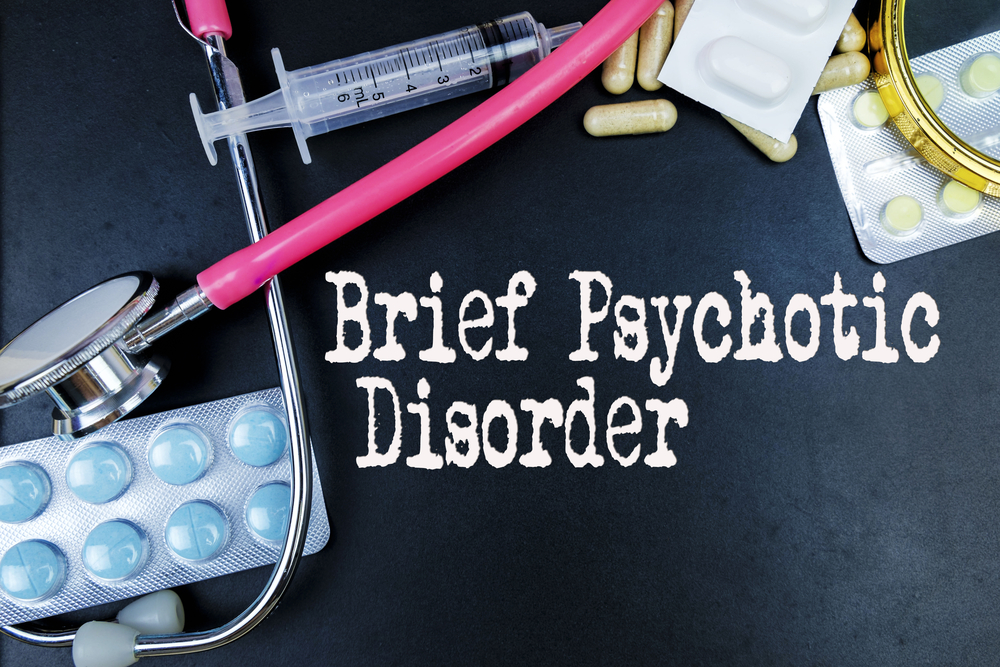Brief Psychotic Disorder (also called brief reactive psychosis) is an acute psychosis that lasts less than a month, accompanied by a complete recovery. There are delusions, hallucinations, disorganized speech, and grossly disorganized or catatonic conduct throughout the psychosis. This condition contributes to severe personal distress, work instability, social dysfunction, or damage to others.
This form shortly occurs after a trauma, such as the death of a loved one, an accident, an attack, natural disaster, or significant stress. It’s basically a reaction to an incident that is upsetting.
Studies show that a real brief psychotic episode occurs anywhere from one to four per 100,000 people, more often in women than in men, and does not progress to another medical illness.
Typically, this condition occurs in individuals aged 30-50 years, and an episode appears to last an average of 17 days. This varies somewhat from individuals suffering from every first-time psychotic episode that occurs every year in around 100,000 adolescents and young adults in the United States, has a peak onset between 15-25 years of age, and affects males vs. females more.


